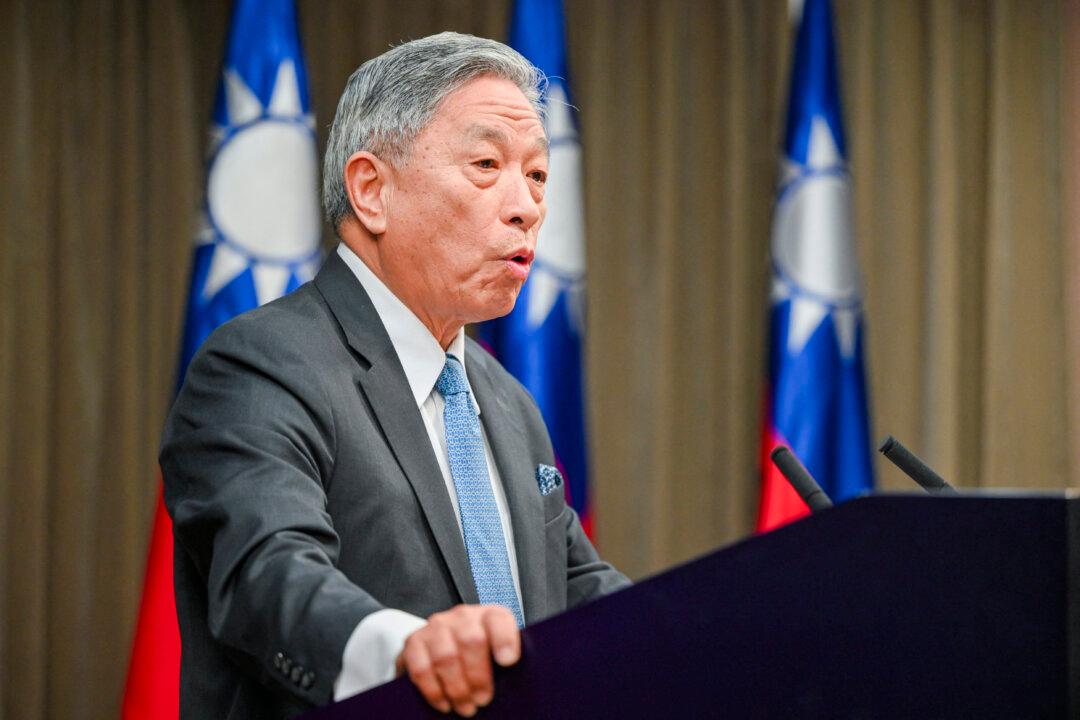Taiwan Deputy Minister of Foreign Affairs Tien Chung-kwang will attend the upcoming Pacific Islands Forum (PIF) in Tonga, the ministry said on Aug. 25, following the U.S. State Department’s announcement that Deputy Secretary of State Kurt Campbell would attend the forum to promote U.S.–Pacific strategic partnership goals.
PIF is composed of 18 member nations: Australia, the Cook Islands, the Federated States of Micronesia, Fiji, French Polynesia, Kiribati, Nauru, New Caledonia, New Zealand, Niue, Palau, Papua New Guinea, the Republic of the Marshall Islands, Samoa, the Solomon Islands, Tonga, Tuvalu, and Vanuatu. Its next meeting is scheduled for Aug. 26 to Aug. 30.





